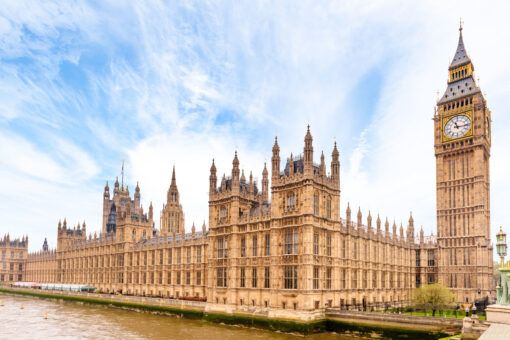
The Director of the Nuffield Council on Bioethics (NCOB), Danielle Hamm was pleased to see the King’s speech emphasise how Labour’s legislative programme will seek to support security, fairness and opportunity for all. These principles resonate strongly with the NCOB’s own mission to embed ethics into decisions regarding biomedicine and health, so we all benefit.
When Labour was elected to be the UK’s new Government, I published a response, welcoming the party’s pivot to be mission-led and longtermist, but encouraging them to do more to embed participatory methods into their policy development processes. The reason for this challenge is rooted in the belief that policies and governance structures are strongest when they reflect public values and priorities. It was therefore reassuring to see such a strong presence of people-centred legislation in the King’s speech.
Inclusion of both the Hillsborough Law and Martyn’s Law signalled that Labour are ready and willing to listen and work with the public. These laws have been campaigned for heavily by those with devastating lived experience. Supporting the adoption of them into our legal system is a testament to public persistence and commitment to a cause.
Another example where I felt there was an indication of enhanced public-driven policymaking was that of Labour’s plan for increased devolution. By relinquishing central powers and creating the infrastructure required to support local policy development, there may be an opportunity to co-create policies that better encompass and reflect local community preferences.
There was also a reaffirmation of the Government’s commitment to encourage wide participation in the democratic process. However, their desire to lower the legal voting age from 18 to 16 years old was not specifically mentioned within the King’s speech, and given many of the trickiest ethical challenges facing society disproportionately affect younger generations, I would welcome further debate on this idea.
In total, the King’s speech announced close to 40 bills on behalf of the Government. This makes it one of the most legislation-heavy in recent years, which some have highlighted as a criticism, linking it to inhibitory regulation and bureaucracy. However, I so far welcome the Government’s ambition and can see clear points where our interests intersect. As parliament wheels start to turn and find their momentum, we stand ready to assist the Government in effectively utilising ethical insights for the benefit of our country.